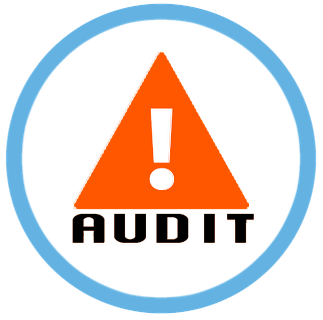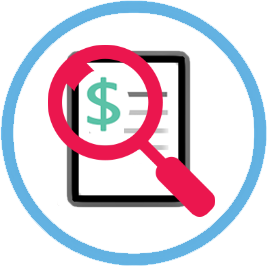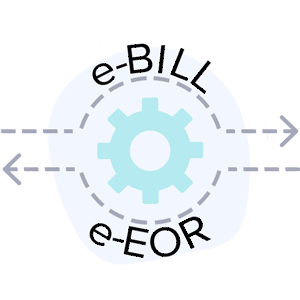Audit Complaints Reveal Non-Compliance in California Workers’ Comp

Longtime clients and blog readers know that we’re big believers in Audit Complaints*. They’re a simple way to hold claims administrators accountable, and you can file anonymously, so reporting improper behavior poses no risk to your relationship with the claims administrator in question. Here’s a staggering statistic from our records: Of the 10,000+ Audit Complaints filed by daisyBill users, over 25% of these audit complaints were submitted because the medical provider received no response from the claims administrator regarding their bill.[1]
That number may sound bad enough, but consider this: daisyBill’s bill submission software provides billers with guaranteed confirmation that a claims administrator receives his or her bill. An electronic receipt is generated for every successful bill submission, and the electronic receipt is accessible in the bill’s history. So for all of those Audit Complaints, we’re certain and we have verifiable proof that the claims administrator received the bill in question and failed to respond timely.
As a reminder, California Labor Code 4603.4 provides that “payment for medical treatment provided or prescribed by the treating physician… shall be made with an explanation of review by the employer within 15 working days after electronic receipt” of an electronic bill.[2]
It’s unclear why some claims administrators choose to treat Labor Code 4603.4 as though it is optional.
A look through our data identifies a few of the claims administrators that struggle the most with this curious problem.
Claims Administrator |
Audit Complaints Submitted For No Response To Workers’ Comp Bills |
Tristar Risk Management |
356 |
AmTrust North America |
218 |
Sedgwick Claims Management Services |
208 |
York Risk Services Group |
173 |
Athens Administrators |
130 |
For each of these Audit Complaints, a claims administrator flat-out ignored (or somehow managed to “lose”) a provider’s bill. That means that the provider:
- Was not paid
- Did not receive an Explanation of Review (EOR)
- Needed to spend more time and resources contacting the claims administrator
Valuable perspective on the above list comes via the daisyBill Insights: Average Days to Payment Page.
Claims Administrator |
Average Working Days to Payment |
Bill Volume Percentage |
Tristar Risk Management |
18.7 |
3.1% |
AmTrust North America |
17.6 |
1.4% |
Sedgwick Claims Management Services |
9.9 |
14.2% |
York Risk Services Group |
14.8 |
4.2% |
Athens Administrators |
17 |
< 1% |
As you can see, four of the five claims administrators habitually struggle to remit timely payment. Furthermore, the presence of Sedgwick on the list above is mitigated by the fact that they are responsible for a large percentage of total bill volume. The more bills you handle, the more likely you may be to run into the occasional problem.
Even so, it makes for a frustrating situation for California providers. Currently, there is no way for these providers to collect penalty and interest (which should be self-executing on the part of the claims administrator, per California Labor Code) on these “lost” e-bills.[3]
daisyBill representatives reached out to the DWC for additional guidance on managing bills that claims administrators ignore. Watch this space – we’ll post any updates we receive in the weeks ahead.
*NOTE: The Audit Complaint form was updated in 2019. Access the updated form here: https://www.dir.ca.gov/dwc/Auditref.pdf
Want to learn more about e-billing for California workers’ comp? Schedule a daisyBill demo below with one of our e-billing experts.
REQUEST DEMO
[1] An additional 35% of Audit Complaints submitted by our clients were filed due to untimely responses from the claims administrator.
[3] Full rules and regulations for medical treatment bills are provided in the Medical Billing and Payment Guide and California Labor Code § 4603.2. Rules and regulations for med-legal bills are provided in California Labor Code § 4622.
DaisyBill provides content as an insightful service to its readers and clients. It does not offer legal advice and cannot guarantee the accuracy or suitability of its content for a particular purpose.




